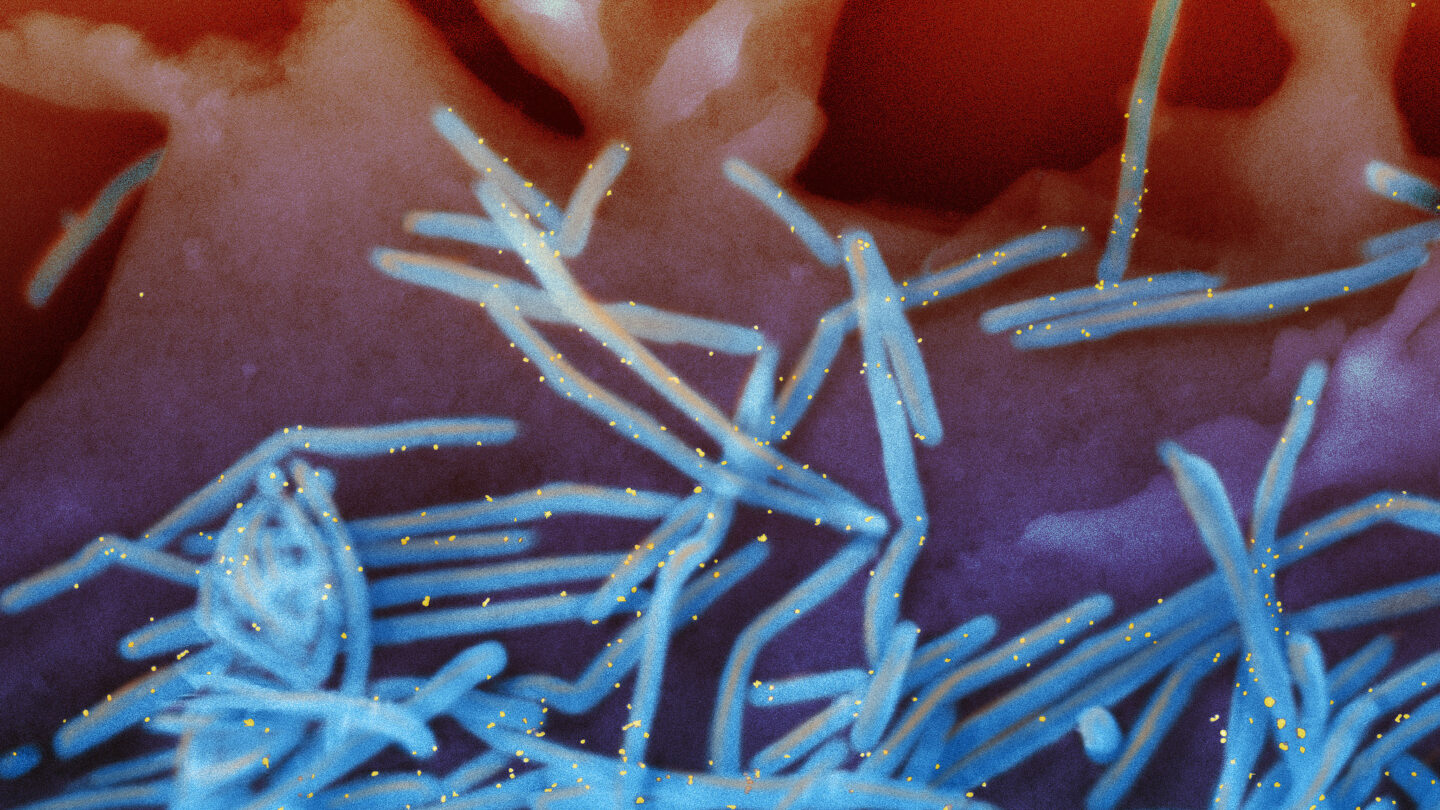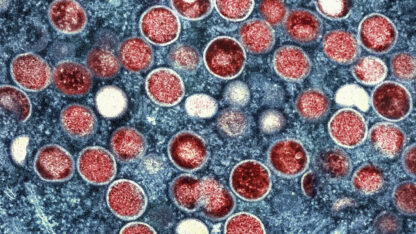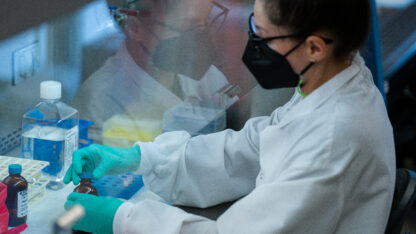Dr. Andi Shane, the chief of the division of pediatric infectious diseases at Emory University School of Medicine and the medical director of infectious disease at Children’s Healthcare of Atlanta, says Respiratory Syncytial Virus (RSV) is a common virus that causes respiratory infection.
Shane says most people recover from the upper airway disease that causes mild cold symptoms, but older adults and children are most vulnerable.
During the conversation, Shane also further explained current treatment and prevention options for RSV and the U.S. Food and Drug Administration’s latest approval of a new antibody injection used to treat the virus in infants and toddlers.








